St. Michael’s scientists receive over $2.6-million in two CIHR competitions to address key COVID-19- related questions
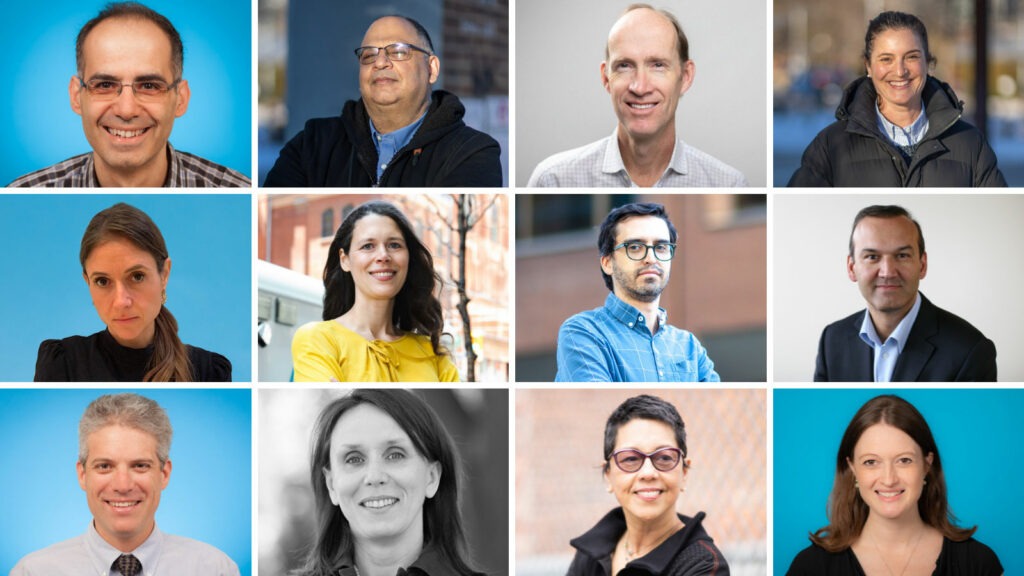
Nine research projects from St. Michael’s Hospital have been awarded more than $2.6-million from the Canadian Institutes for Health Research (CIHR) to fill COVID-19-related knowledge gaps and better understand the impact of the pandemic on children, youth and their families.
CIHR created the ‘Understanding and mitigating the impacts of the COVID-19 pandemic on children, youth and families in Canada’ Operating Grant to support scientists investigating stressful and traumatic events stemming from the COVID-19 pandemic or public health measures impacting Canadian children, youth and families. Four St. Michael’s project teams were successful in this round of funding.
A second set of projects received funding through the ‘Emerging COVID-19 Research Gaps & Priorities’ Operating Grant. In this competition CIHR funded research in areas where key questions remain about the COVID-19 pandemic. Five St. Michael’s projects received grants.
The projects are tackling important issues including establishing equitable access to surgery after the pandemic, promoting COVID-19 vaccination among youth, understanding the impact of the pandemic on academic achievement in Ontario and uncovering the role COVID-19 has played in obstetrical care and maternal outcomes. Learn more about the projects below.
Projects funded through the ‘Understanding and mitigating the impacts of the COVID-19 pandemic on children, youth and families in Canada’ Operating Grants
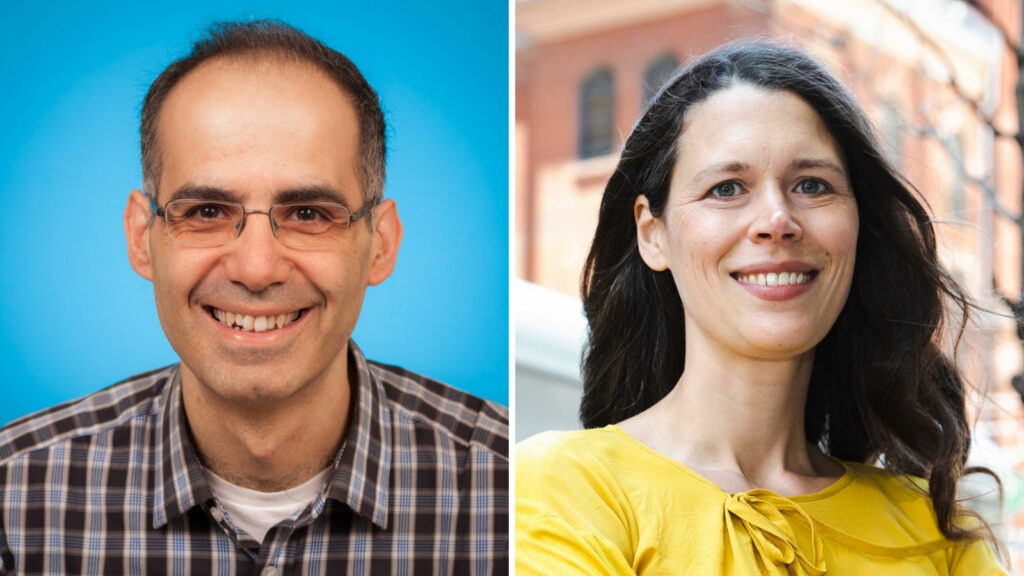
The impact of the COVID-19 pandemic on the mental health of children and youth
Measures aimed at reducing the spread of COVID-19 have impacted the lives of children and youth though school closures and prolonged periods of isolation.
Dr. Tony Antoniou and Dr. Tara Gomes, scientists at the Li Ka Shing Knowledge Institute, will study hospital admissions and emergency department visits for mental health conditions, emergency department visits for self-harm, and prescriptions for psychotropics, which are antidepressants, benzodiazepines, stimulants and antipsychotics.
The team will study how psychotropic medication use changed with COVID-19, as well as the relationship between mental health outcomes with neighbourhood characteristics and the duration of public health restrictions. They will also look at differences by demographics.
“The funding from CIHR will also help us disseminate our findings to our clinical and policy knowledge user partners, ensuring that evidence-based program and policy for supporting children and youth during the pandemic can be implemented,” Dr. Antoniou said.
Understanding the Impact of The COVID-19 Pandemic on Academic Achievement in Ontario – A Population-Based Cohort Study
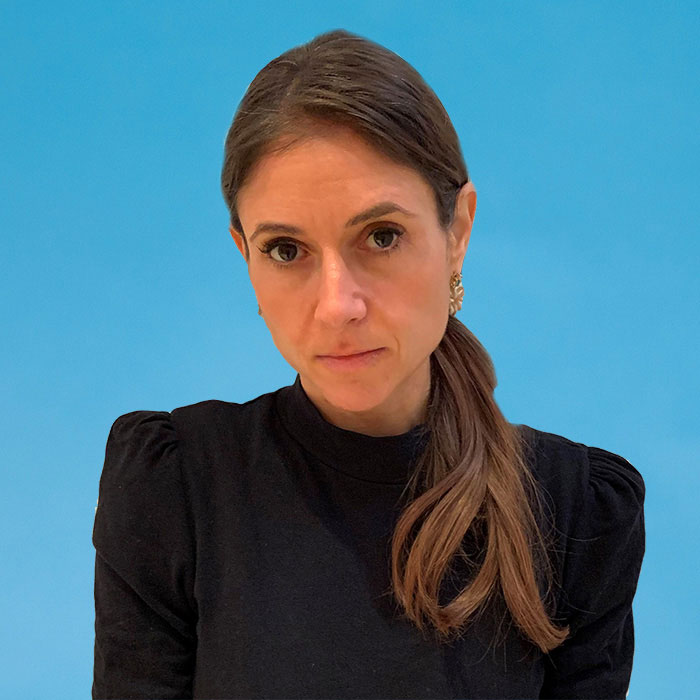
Education is one of the most modifiable determinants of health. Greater educational attainment is associated with greater control of chronic illness, less obesity and improved diet.
Because the COVID-19 pandemic disrupted education for many Ontario students, Dr. Sloane Freeman, a scientist at the MAP Centre for Urban Health Solutions, and her team will study the impact of the COVID-19 pandemic on academic achievement in Ontario.
This research will also support knowledge dissemination through a novel, interactive, electronic platform for knowledge users to share information on the impact of the COVID-19 pandemic on Education Quality and Accountability Office (EQAO) scores based on school and school board student population characteristics.
“Understanding the impact of the COVID-19 pandemic on academic achievement is an important step in mitigating the impacts of the pandemic on children’s future health,” Dr. Freeman said.
Operationalizing ‘best practices’ that promote healthy lifestyles and mental health to mitigate the impact of the COVID-19 pandemic on elementary school children in disadvantaged communities
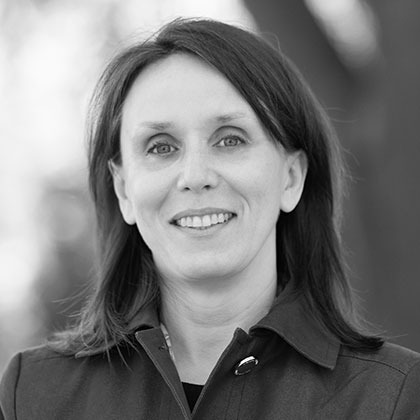
The pandemic has affected the physical and mental health of school-aged children.
To address this impact, APPLE Schools, which delivers an intervention to promote healthy living and mental health to kids from disadvantaged settings, developed innovative and easy-to-implement practices to support schools during COVID-19. Partnering with APPLE Schools, this research project aims to understand which interventions by the program were most successful during the COVID-19 pandemic.
The study team, led by Dr. Katerina Maximova, a scientist at the MAP Centre for Urban Health Solutions, will use this analysis to develop an online Best Practices Toolkit, and promote dissemination and uptake of the toolkit in all APPLE Schools and other elementary schools. The knowledge from this study will yield solutions that will enhance student supports to help mitigate the impact of the pandemic on children’s mental health and lifestyle behaviours.
Obstetrical care and maternal, perinatal and early childhood outcomes in Ontario
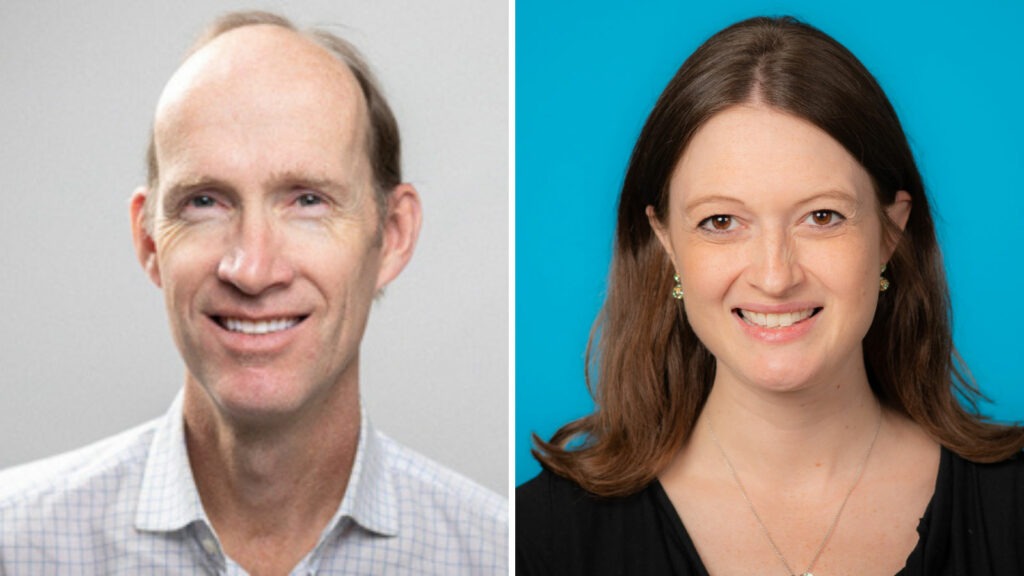
The COVID-19 pandemic has propelled system-wide changes in pregnancy care, including moving to virtual care and providing specialized care for those who had contracted COVID-19.
Dr. Andrea Simpson and Dr. Douglas Campbell, scientists at the Li Ka Shing Knowledge Institute, have set out to evaluate the impact of the pandemic and COVID-19 disease on maternal and early childhood outcomes.
“Pregnancy, birth, and adaptation to life with a newborn is a particularly stressful time for many families, and the co-occurring stress of the pandemic and disproportionate impact of COVID-19 disease on equity-deserving groups may result in inferior health outcomes for the families most affected,” Dr. Simpson said.
“The goal of our work is to inform interventions that may further reduce directly-related and indirectly-related health inequities for these children and their families.”
Projects funded through the ‘Emerging COVID-19 Research Gaps & Priorities’ Operating Grants
MARCO:POLO Marginalization & COVID-19: Promoting Opportunities for Learning & Outreach
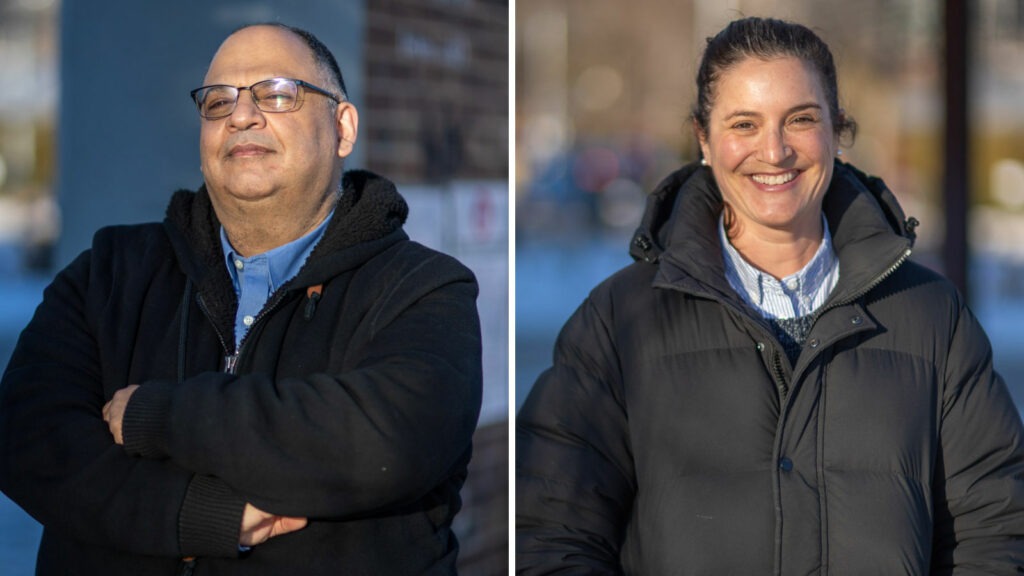
Many Toronto organizations rapidly introduced programs to support people experiencing marginalization during the COVID-19 pandemic. The Marginalization and COVID-19 (MARCO) study, a collaboration between academic and community investigators, uses program evaluation methods to evaluate such community-led interventions.
The focus in MARCO was on using descriptive and deductive analyses to identify findings with the greatest potential for immediate impact, with a focus on service delivery that is more equitable and client-centred. The large amount of data collected through MARCO now offers additional opportunities.
Marginalization & COVID-19: Promoting Opportunities for Learning & Outreach (MARCO:POLO) is an extension study to MARCO. MARCO:POLO, led by Dr. Ahmed Bayoumi, Dr. Michelle Firestone, and a team of researchers at the MAP Centre for Urban Health Solutions, aims to generate a deeper understanding of marginalization in health by using data from all of their evaluations.
“We are interested in how the pandemic has led to innovations and policies in health and social systems that can help to drive social change,” Dr. Bayoumi said.
The Surgical EQUITY initiative: Establishing equitable access to surgery following the pandemic
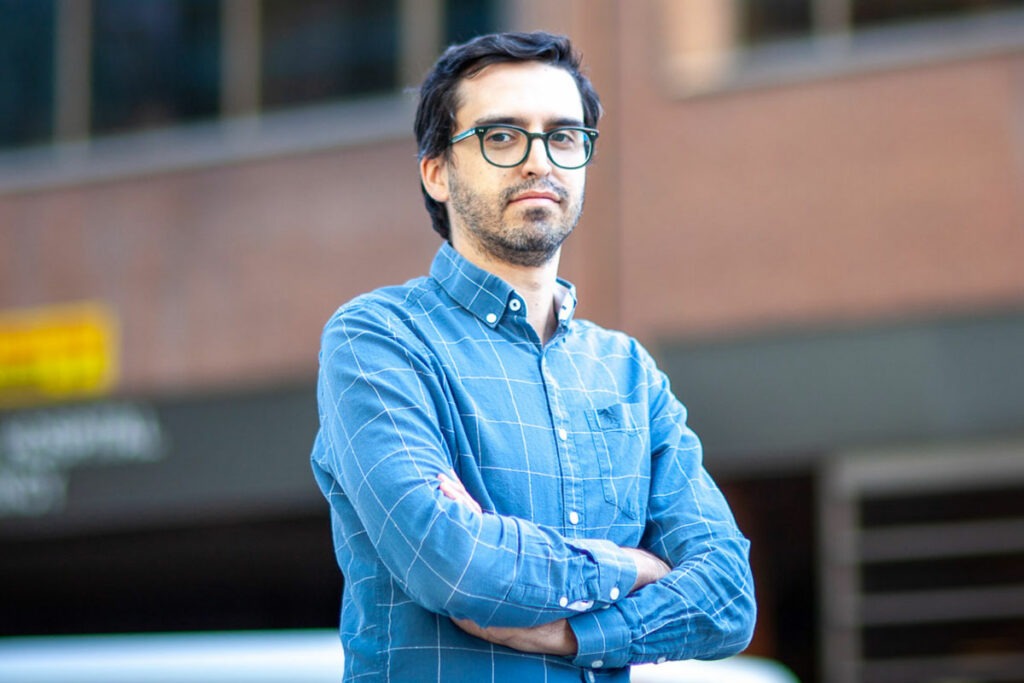
COVID-19 has disproportionately affected populations experiencing marginalization. Dr. David Gomez, a scientist at the Li Ka Shing Knowledge Institute, and his team aim to understand this impact from a surgical standpoint.
At the patient level, the team will measure gradients in access to surgery across measures of marginalization prior to and during the pandemic. At the hospital level, they will examine whether hospitals with more COVID-19 admissions had larger surgical backlogs and how this impacted marginalized groups. At a system level, Dr. Gomez and his team will examine provincial funding strategies proposed to clear the surgical backlog and assess how different strategies affect access and equity for the most marginalized populations.
“This will be the largest study to date to evaluate whether COVID-19 worsened access to surgical conditions across gradients of marginalization in Canada,” Dr. Gomez said.
This work will set the stage for further research on the consequences of socioeconomic position on patient-centered surgical outcomes, as well how marginalization impacts surgical care.
Ab-C Risk: Action to Beat Coronavirus Sub-study on Population Immunity in High-Risk Groups in Canada
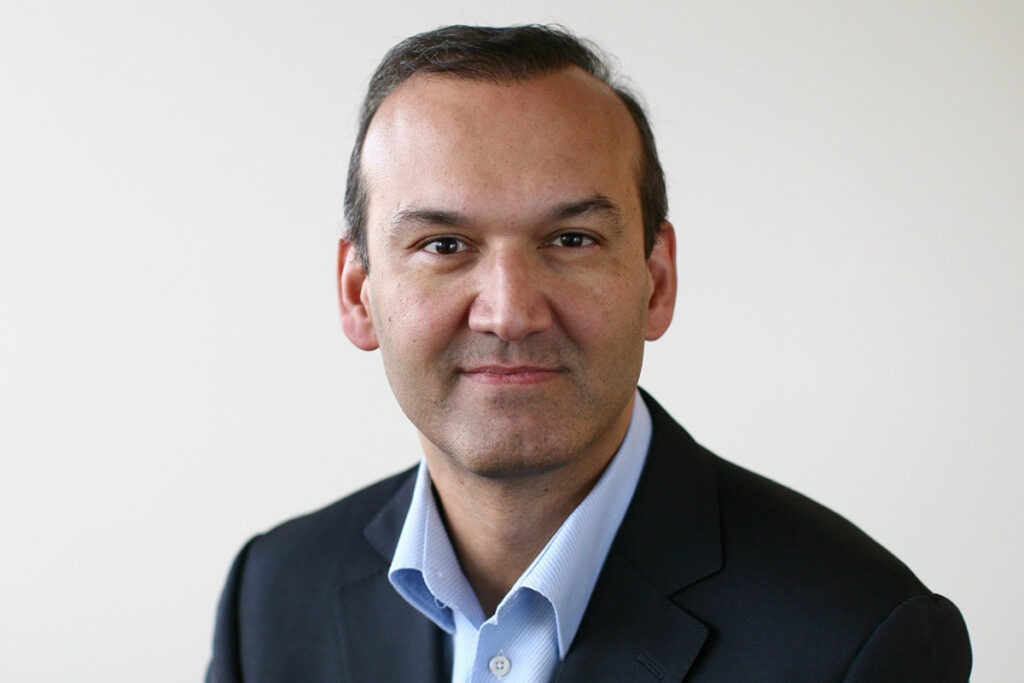
Through the Action to Beat Coronavirus in Canada (Ab-C) study, Dr. Prabhat Jha, director of the Centre for Global Health Research, and his team have been researching the impact of SARS-CoV-2 infection and vaccination on immunity among a representative sample of about 20,000 Canadian adults.
Ab-C Risk will recruit an additional 1,000 Canadians belonging to higher risk demographic and ethnic groups, such as People of Colour and Indigenous populations.
Ab-C Risk aims to understand how the levels of immunity to COVID-19 and the persistence of antibodies compare between SARS-CoV-2 vaccine-induced and natural immunity between different populations. The team will also identify how age-specific predictors of maintained and declining SARS-CoV-2 antibodies compare among different populations.
A mixed methods study to understand and promote COVID-19 vaccination among children and youth: the TARGetKids! Study of Children and Families

Vaccinating children and youth against COVID-19 is essential to resuming social and economic activities. COVID-19 vaccines are approved in Canada for those who are five years old and older, however, vaccine uptake has been lower for children than any other age group.
“Vaccination decision-making is a complex process influenced by multiple factors,” said Dr. Jonathon Maguire, a scientist at the Li Ka Shing Knowledge Institute, who is leading this study. “To guide the development of strategies to promote equitable COVID-19 vaccination for children, evidence from a diverse population of children and parents is needed to understand COVID-19 vaccine uptake, hesitancy and factors that influence vaccine decision making.”
Dr. Maguire and his team will examine attitudes, perceptions, experiences and concerns about COVID-19 vaccination. They will leverage sociodemographic data collected from a cohort of children and parents to understand differences in vaccine uptake and hesitancy across populations. They will also build on this data to understand factors that contribute to vaccination behaviour among parents, youth, and care providers.
This information is necessary to develop evidence-based strategies to enhance vaccine acceptability, curtail vaccine hesitancy, and promote equitable COVID-19 vaccination for children.
Linguistic and Cultural Adaptation of Web-based Partner Violence Screening and Safety Planning Applications
One in three women will experience intimate partner violence (IPV) in her lifetime. COVID-19 and its associated factors brought about a marked intensification of violence against women and girls, especially domestic violence.
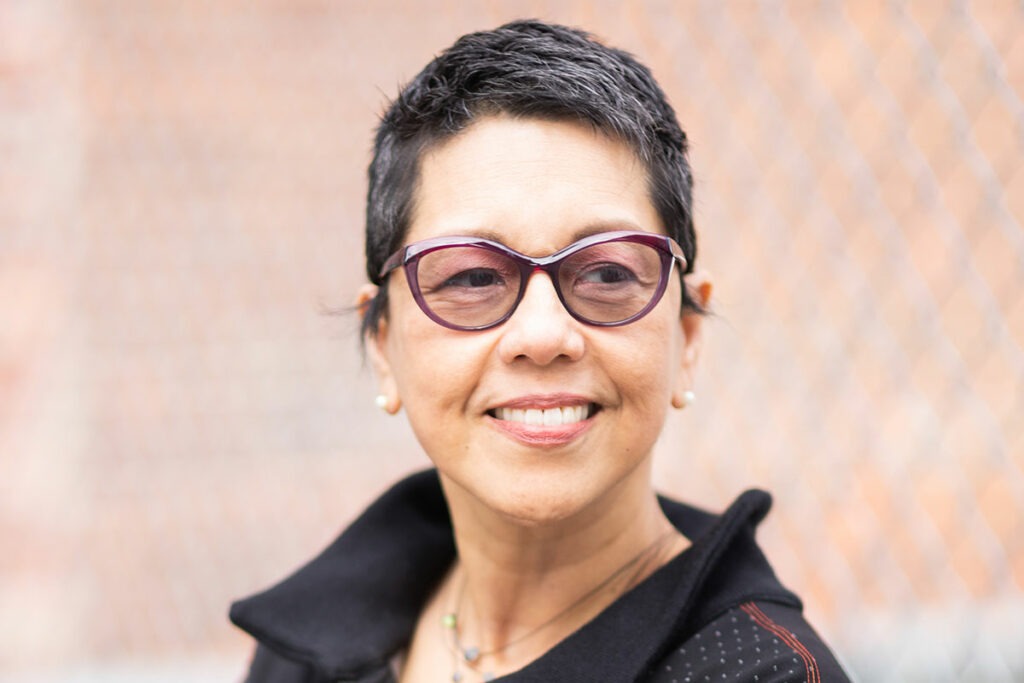
Within this group, linguistic and ethnic minorities are further disadvantaged in their efforts to manage both IPV and COVID-19 by the lack of culturally safe and accessible supports and services. Led by Dr. Patricia O’Campo, executive director of the Li Ka Shing Knowledge Institute, this research will culturally and linguistically adapt existing evidence-based screening and safety planning (WithWomen Pathways and WithWomen Promise) web-apps for French and Spanish speaking communities.
“Women living with IPV benefit from tailored supports to cope with the lasting health impacts of COVID-19 as well as the broader economic and societal impacts of the pandemic,” Dr. O’Campo said.
This study will develop refined research protocols for safe implementation of the apps with women experiencing IPV, findings to help understand how women engage with and benefit from adapted IPV safety planning apps that are enhanced with COVID-19 information and resources, and free publically available app codes to enable other teams to create screening and safety planning apps for their own localities in English, French or Spanish.
